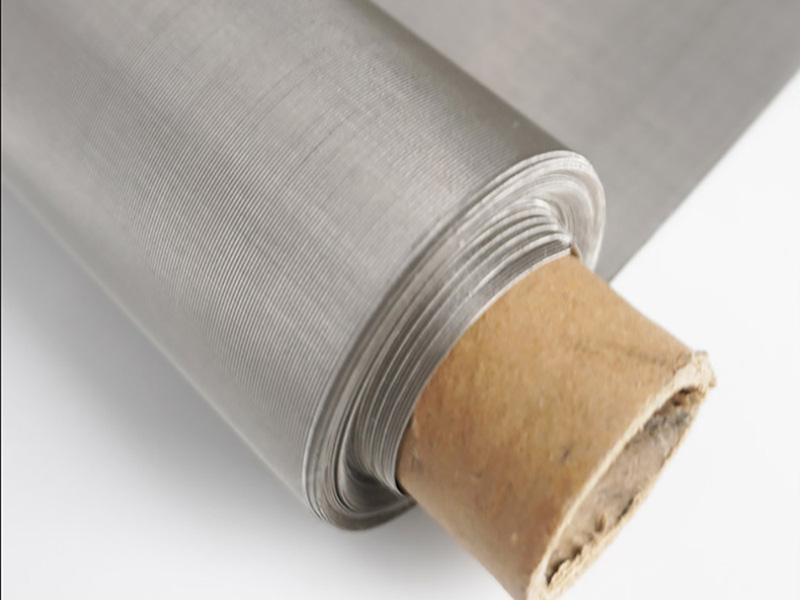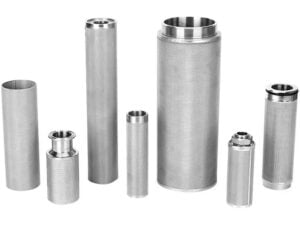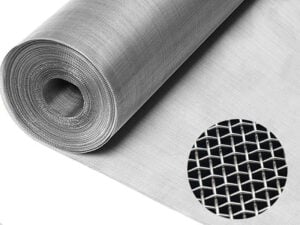Introduction
Stainless steel mesh is an ideal solution for industrial filtration due to its durability, precision, and resistance to harsh environments. From chemical processing and water treatment to oil and gas filtration, it plays a pivotal role in separating unwanted particles and ensuring a smooth, contamination-free process.
1. Common Applications of Stainless Steel Mesh in Industry
Stainless steel mesh is used across a range of industries:
Chemical and Pharmaceutical Filtration: Provides precision filtering in environments with corrosive or reactive chemicals.
Water Treatment and Environmental Filtration: Enables effective separation of particulate matter for clean water processing.
Oil, Gas, and Mining: Supports high-temperature and high-pressure environments.
Food and Beverage: Ensures safe, clean filtering in compliance with sanitary standards.
2. Advantages of Stainless Steel Mesh Compared to Other Materials
Corrosion Resistance: Maintains strength and precision in harsh environments.
High-Temperature Tolerance: Operates reliably where plastic or weaker alloys fail.
Customizability: Available in a range of weaves (plain weave, twill weave, Dutch weave) and specifications.
Long Service Life: Reduced maintenance and replacement costs.
3. Choosing the Right Mesh for Your Needs
Consider the following when selecting a mesh for industrial filtering:
Mesh Size: Determines particle separation precision.
Material Grade: Common choices are 304 and 316L for higher resistance.
Weave Type: Choose between plain weave, Dutch weave, or twill weave based on pressure and precision needs.
4. Conclusion & CTA
Stainless steel mesh delivers long-lasting, highly efficient filtration across industries. Choosing the right mesh improves equipment performance and reduces operational costs.



